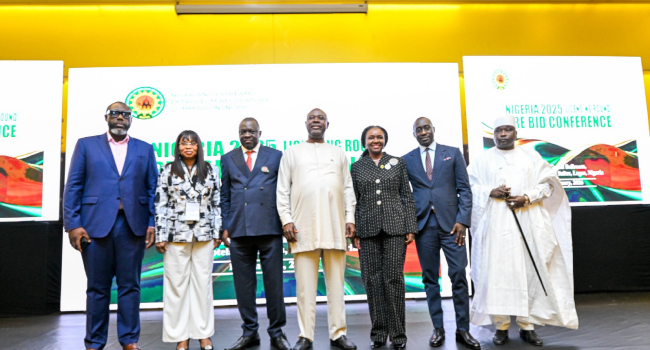In a bold move, South Africa has set its sights on procuring 2,500MW of nuclear energy, with the nation’s aging power station fleet prompting the need for additional energy sources. Minister in The Presidency responsible for Electricity Kgosientsho Ramokgopa made the announcement, signaling a strategic shift in the country’s energy landscape.
This decision comes hot on the heels of the World Bank Board’s approval of a U.S.$1 billion Development Policy Loan to bolster the government’s efforts towards long-term energy security and a low carbon transition. Despite these strides, South Africa’s heavy reliance on coal remains a pertinent issue, as the nation ranks eighth globally in coal usage for electricity generation. Currently, around 85% of the country’s electricity stems from coal power plants, as reported by The Conversation.
The government’s pursuit of nuclear energy stands in contrast to the backdrop of the Just Energy Transition (JET) plans, aimed at implementing climate policy in a fair and inclusive manner, in line with the principles of the Paris Agreement. Joanne Yawitch, Presidential Climate Commission Commissioner, emphasized the need for an estimated U.S.$86 billion (R1.5 trillion) initial funding to facilitate South Africa’s transition to a low carbon and climate resilient society over the next five years (2023-2027).
This development unfolds against the backdrop of a prolonged energy crisis, which has significantly impacted productivity and safety in South Africa since 2007. As the nation treads the delicate balance between energy security and environmental sustainability, the intersection of nuclear energy aspirations and just energy transition plans poses a complex challenge with far-reaching implications.



